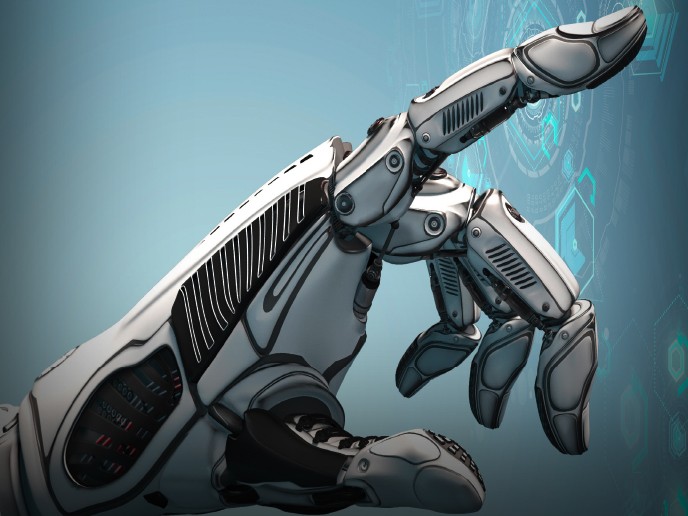From Asimov to all around us: Welcome to the robot revolution
‘You just can't differentiate between a robot and the very best of humans’ – Isaac Asimov, ‘I, Robot’
Another trope of the genre is the number of ethical questions that would abound from the rise of such anthropomorphic machines – would feeling, sentient robots be eligible to be granted the same social, economic and political rights as ‘real’ humans? How would social relationships between humans and robots evolve? What would be considered acceptable interaction and what would be taboo? Will large-scale automation of occupations previously held by humans actually happen and what would be the consequences for society? And, maybe most fundamentally of all, if we were able to manufacture beings that would be the real-life equivalent of the ‘Bladerunner’ replicants, will that then result in a substantial redefinition of what it fundamentally means to be human? As fascinating as it is to ponder these philosophical conundrums, robotics research has not quite yet reached the point where we’ll need to grapple with them anytime soon. But as the projects covered in this month’s special feature show, it can be argued that humanity has definitely taken the first steps in that direction and that robots are starting slowly, but surely, to seep their way into our society. They are now seen as the solution for numerous challenges that we must face in the 21st century, from the need to care for an increasingly elderly population, to accessing harsh environments where humans cannot tread, to even relieving us from the most menial tasks, such as scrubbing floors (all three of these examples are specifically covered in the following pages). Japan and South Korea are often the first countries that come to mind with regards to robotics expertise. But the EU is also taking advanced research in this field extremely seriously. Indeed, Europe is one of the world-leading regions in industrial robotics with a share of around 32 % of supply and use. Europe’s share in the world service robotics market stands at around 63 % due to the continent’s excellence in interdisciplinary research in ‘intelligent robots’. Robotics research can be found throughout many of the Horizon 2020 work programmes, and then there is SPARC, the dedicated partnership for robotics in Europe that aims to maintain and extend Europe’s leadership in robotics in all sectors of society, science and the economy. With EUR 700 million in funding through 2014-2020, SPARC is the largest civilian-funded robotics innovation programme in the world. From 20-22 March 2019, SPARC will host its annual European Robotics Forum in Bucharest, Romania, showcasing the very best of Horizon 2020-funded European robotics research. Whether you can be there in person or not, we invite you to get a taste of these innovations in our dedicated special feature where we hope you’ll realise that really, the robot revolution has truly just begun… We look forward to receiving your feedback. You can send questions or suggestions to: editorial@cordis.europa.eu



